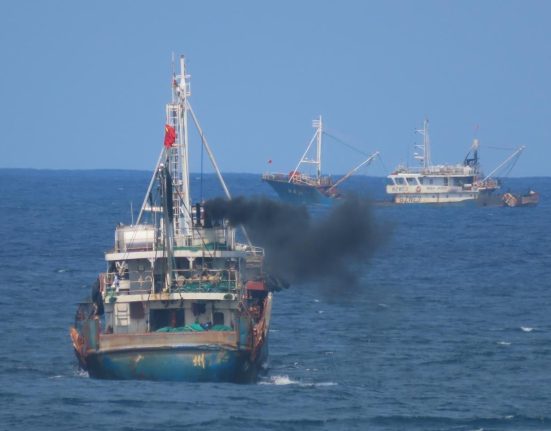Estacio Valoi and David Matsinhe
EXECUTIVE SUMMARY
The conflict in Mozambique’s northern province of Cabo Delgado, which has raged since 2017, is conventionally understood as a jihadist insurgency. This report argues that such a narrow framing is dangerously insufficient. 1 The concept of a “decivilizing process” is borrowed from Norbert Elias, The Civilising Process, Blackwell, 2000. 2 The concepts of the “global colour line” and “risk society” are respectively drawn from W.E.B. Du Bois, The Souls of Black Folk.,A. C. McClurg & Co., 1903; and Ulrich Beck, Risk Society: Towards a New Modernity, Sage Publications, 1992. 3 This analysis of state desintegration draws on Norbert Elias, The Civilising Process, Blackwell, 2000. 4 The concept of the “global colour line” is borrowed from W.E.B. Du Bois, The Souls of Black Folk.,A. C. McClurg & Co., 1903. 5 The concept of the “risk society” is borrowed from Ulrich Beck, Risk Society: Towards a New Modernity, Sage Publications, 1992.
The crisis is more accurately diagnosed as a profound “decivilisation process”, that is, a process of social breakdown,1 and violent regression of the state driven by a toxic confluence of three systemic failures. The conflict is the product of a fractured state that has failed to secure a legitimate monopoly on violence; a neocolonial extractive economy that deepens historical marginalisation; and a development model that manufactures catastrophic risks with organised irresponsibility.2
The primary failure is that of state formation. The Mozambican state never completed the state formation process of establishing a legitimate monopoly over the means of violence and taxation.3 The national army, the Forças Armadas de Defesa de Moçambique (FADM), is a hollow institution, crippled by decades of political neglect, endemic corruption, and logistical collapse. Its operational incapacity and frequent human rights abuses against the very population it should protect have stripped it of legitimacy, transforming it into just one more predatory actor in a crowded field. A chaotic array of coercive forces has filled this vacuum.
Secondly, this crisis of the state is built upon a foundation of profound socio-economic injustice, a dynamic best understood as a modern iteration of the “global colour line.”4 The multi-billion-dollar Liquefied Natural Gas (LNG) projects, led by multinationals such as TotalEnergies, have not alleviated the region’s historical marginalisation but have instead carved a new, more brutal dividing line between a protected, globalised extractive enclave and an impoverished local periphery. This has manifested as a classic “resource curse,” where the promise of immense wealth has only exacerbated inequality and conflict. This has created a fertile ground for radical ideologies that promise an alternative identity and a path to dignity through resistance. Thirdly, the entire catastrophe has been accelerated by the logic of a “risk society.”5
The decision to pursue mega-projects in a volatile and neglected region unleashed a series of “manufactured risks”—social displacement, environmental degradation, and intensified conflict—that were systematically downplayed. The subsequent security collapse is a manifestation of “organised irresponsibility,” a system in which both corporate and state actors are structured to evade accountability for the devastating consequences of their decisions. As findings have demonstrated, the potential negative impacts were known beforehand, as per the analyses and assessments presented – namely in the reports of TotalEnergies itself and of independent entities – but these were incomplete, failing to conform with TotalEnergies’ obligations regarding due diligence, transparency, environmental and social impacts and human rights.
6 This is the first part of a two-part series reporting on the counter-terrorism laws and operations’ impact on human rights and democratization in Mozambique. Part I will provide a general analysis of the underlying causes of the conflict with a focus on the socio-economic costs of the war while Part II will provide a deeper analysis on the armed groups and the impact of the laws on key civil and political liberties.








